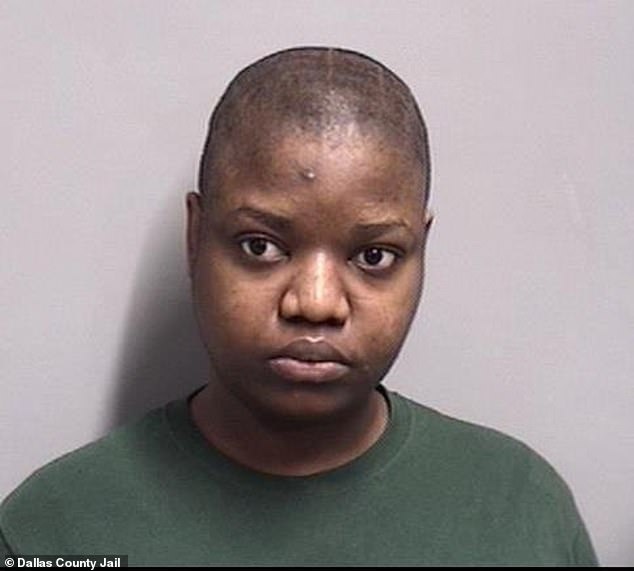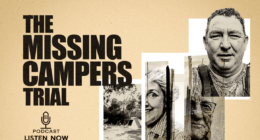When news came out that the Hate Crime Act was to be implemented on April 1, I can’t have been the only one wondering if this was an April Fools’ Day joke.
Having been passed over three years ago and not yet implemented due to police concerns about what and how the new laws would work, many, I suspect, thought that the Scottish Government had seen sense and recognised the error of its ways.
But, unfortunately, this is no joke.
The main concern raised about the Hate Crime Act is the new offence of ‘stirring up hatred’.

Dr Stuart Waiton is Senior Lecturer in Criminology as Abertay University
This offence already existed with regarding to stirring up racial hatred, but here it was only a crime if the ‘stirring up’ (a woolly term in itself) was said to be intentional.
In the Scottish Act, intent – a key dimension of criminal law – has largely disappeared.
From Section 4 of the Act itself, we find that saying something a ‘reasonable person’ would consider ‘insulting’ could be enough to see the long arm of the law reach into your living room.
The living room analogy is not given here for effect but relates to the other controversial dimension of the Act, which is that ‘hate’ expressed in your own home will be criminalised for the first time.
As a result, the very idea of privacy and of a ‘private dwelling’ is lost – something that could change the very nature of the relationship between the individual and the state.
An additional problem with the lack of clarity about ‘stirring up’ offences is that Police Scotland define a hate crime as ‘any crime which is understood by the victim or any other person as being motivated, wholly or partly, by malice or ill will towards a social group’.
As a result, the subjective nature of what a hate crime is becomes increasingly clear, and people – including the police themselves – are right to be concerned about a law that criminalises speech and even thought based on perception rather than on reality and intent.
The new law also extends the ‘stirring up’ offence to include other groups with ‘protected characteristics’, so that, rather than just being focused on race, we find that a hate speech crime can relate to groups defined by their disability, religion, sexual orientation, transgender identity, sex characteristics and also age.
With all of the above, it is unclear what evidence will be needed to prove a hate crime, especially given the subjective nature of the definition itself.
At the very least, the recording of hate incidents is likely to increase substantially – even when no crime has been proven or even committed – based on the current police practice of accepting without question an allegation of hate made by a member of the public.
It is also unclear what this will mean for the arts, comedians, the Press and even universities.
Could we find offence is taken about articles or lectures?
The time the police and the government have taken to implement this Act suggests there are concerns about basic freedoms, and initially, at least, I suspect the law may be used sparingly.
But once something is law, the interpretation and implementation of it can vary over time.
Police Scotland say they will investigate every single report of hate (unlike other crimes) so perhaps they will dive into this issue in the way that many fear.

The Police Scotland ‘hate monster’ has received criticism
Whatever the criminal outcome of the law, one likely effect is to elevate the idea of hatred in Scottish society.
Bizarrely, we have already heard about a sex shop and more than 400 other venues being set up as ‘third party reporting centres’ to encourage people to come forward with their hate concerns.
But there are wider considerations we should think about when looking at this legislation, such as the very idea of ‘hate’, a largely polemical and political term that has increasingly crept into law.
Also, the idea of ‘protected characteristics’, a term that came out of the 1960s but has only become widely used in the past decade or so.
Before the Hate Crime Act was introduced, as part of the consultation, discussions were initiated in cities across Scotland.
I attended one of them in Dundee, to see what people thought about the proposals.
There I met a disability academic and activist who attempted, largely in vain, to persuade a group of us that ‘people hate the disabled’.
It was a fascinating performance where this statement that people ‘hate the disabled’ was pushed upon us – almost shouted – again and again.
The word ‘hate’ was actually spat and emphasised to the point where the discussion actually became uncomfortable.
Our activist friend even explained that there is an academic book out explaining why people hate the disabled.
The point of interest was in the absolute insistence given to the idea of hatred.
It wasn’t enough to accept or recognise that disabled people may face discrimination, perhaps based on ignorance or even prejudice.
Now, it appeared, ‘hate’ was also needed as a new weapon in the armoury of the disability activist.
As ‘hate’ becomes the legal category built around groups defined as having protected characteristics, there comes a need to prove hatred to protect this new status.
The result of this growing promotion of hate is likely to be that professionals and activists acting on behalf of certain groups feel the need to constantly and increasingly prove the hatred that exists in Scottish society, even when and where it does not exist.
It is likely that reporting of hate will result both from the law itself and the promotion of the law by the police and the government, so a feedback loop will be created, where the public are educated to understand that the world around them is full of hate-filled people.
Indeed, this is already happening, as seen in serious surveys about the nature of prejudice in British society, where we find time and again that about 90 per cent of people are found to be against racism, for example, but a majority of us thinks that the public is still racist.
Within criminology there are serious and significant discussions about the dangers of undermining the universal nature of law by defining people differently and applying the law differently, based on the caricatured and constructed notion that all black, gay or older people are part of a ‘vulnerable group’.
But here, I think, we start to get to the point of the Hate Crime Act, which is the new role politicians and the state have carved out for themselves – the role of protecting the vulnerable.
This law is clearly authoritarian. But what we are witnessing is a new type of authoritarianism – one that is clothed in the language of care and protection.
It expands the number of people who are defined as being vulnerable, it reinforces the one-dimensional idea that entire groups of people have protected characteristics, it elevates the idea of bigotry and hate across society, and ends up undermining basic ideas of freedom – even the idea that you can speak freely in the privacy of your own home.
Now that is something I suspect the vast majority of Scottish people really do hate!









